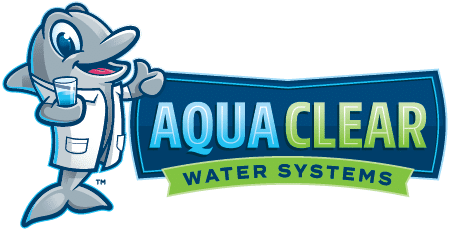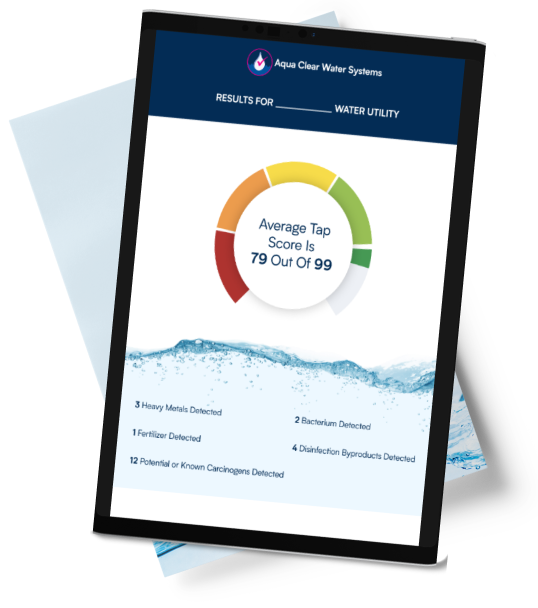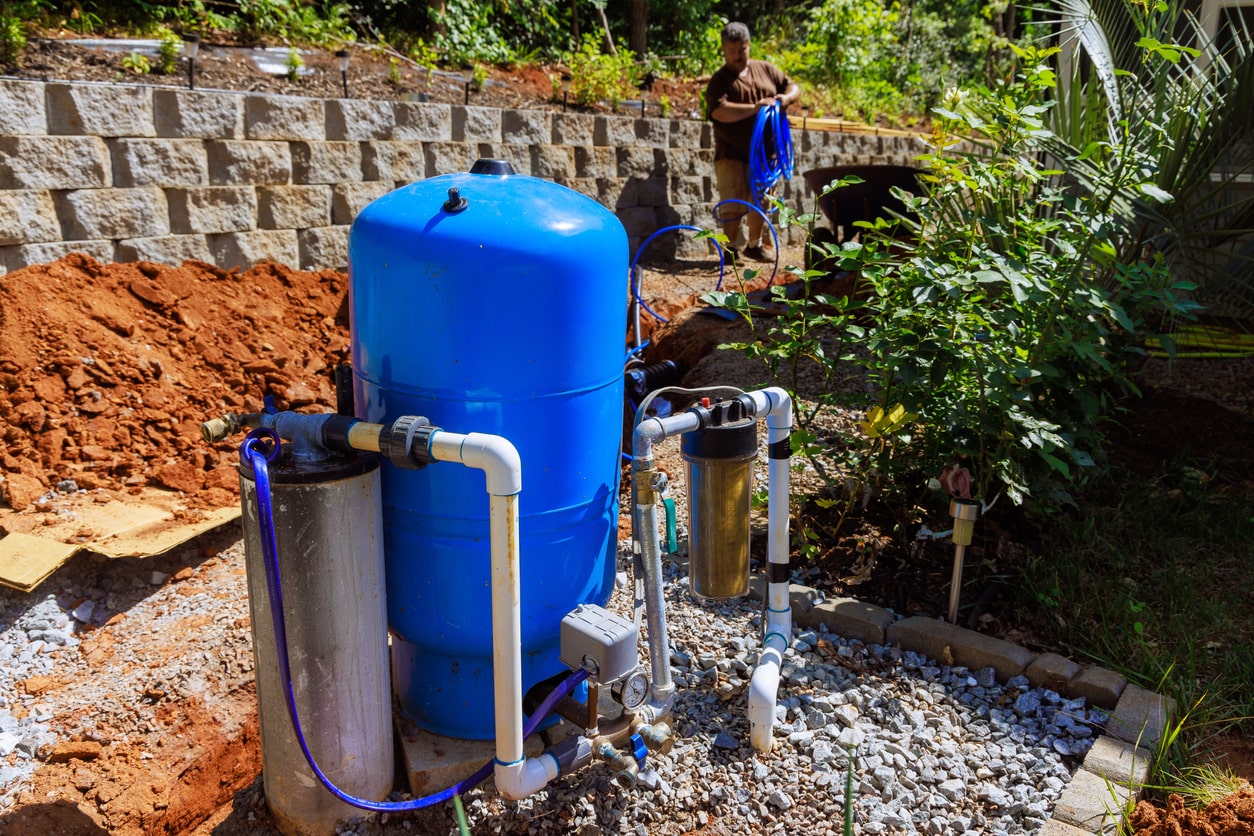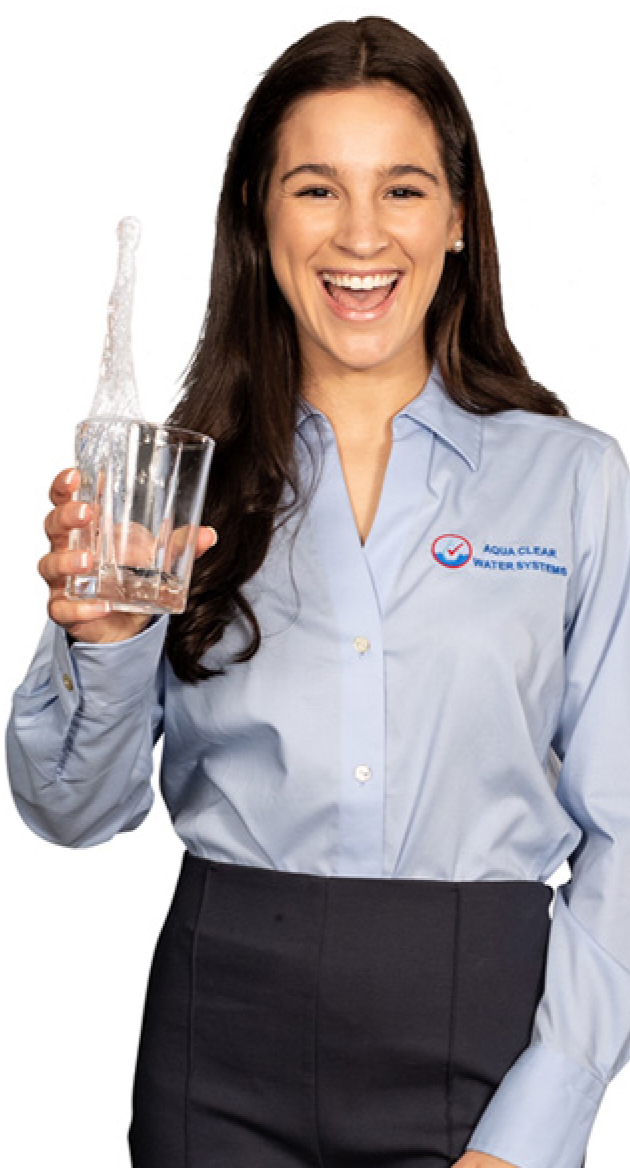People living in remote areas often have no connection to municipal water supplies and so have no choice but to use well water. Even in other areas, some people are choosing to get their water from wells, springs, and boreholes because they distrust municipal water and want to be self-sufficient, or due to its increasing cost. After all, once you’ve created the source initially, well water is free or at least relatively cheap.
Well water is often of high quality and is free of the chemicals that municipal water companies add, typically chlorine and fluoride. However, some well water can contain a large number of impurities, and these can damage your health. To ensure your water is pure, water filters for well water will be necessary to remove all harmful content and safeguard the health of your family.
Problems that a well water filtration system in Nashville will resolve
Whereas you can generally assume that municipal water has been thoroughly treated and is safe to drink, the same does not apply to well water and it is your responsibility to ensure it is safe. You can do this by installing suitable filtration systems for well water that will counter the following problems:
- hard water minerals, typically calcium and magnesium, that will cause a build-up of limescale in pipes and appliances
- harmful chemicals that will damage your health and can smell and taste unpleasant
- the presence of bacteria that will harm your health
- metals such as iron and lead
- sediment that will build up and eventually clog your pipes.
The most common contaminants in Nashville water are iron and sulfur while water hardness may be a problem you have to deal with. If you are unsure what your water contains, certain obvious signs will indicate you will have problems although they will not show the severity:
- soap scum forming in bathtubs and sinks, which is difficult to clean off
- clothes that don’t look clean after washing
- water that tastes or smells unpleasant, including having a metallic taste or a smell of rotten eggs, which indicates the presence of sulfur.
Your water will be most at risk if you are near an industrial site or are on or near agricultural land. The former may mean there are high concentrations of chemicals and metals in the land and these can be transferred to your water. For the latter, the water may be contaminated by animal waste or there may be run-off from land treated with pesticides or fertilizer.
The best way to be sure if there are any problems is to have your water tested. This can be done by a test you buy and carry out yourself, by a professional laboratory for a fee or free by a company such as Aqua Clear Water Systems. A test will provide peace of mind and indicate if filtration is necessary.
Getting the best well water filtration system for your needs
When choosing a system, be sure to get one that:
- can deal with the volume of water you use. This will depend on the number of people in your house and their habits in terms of water use — frequency and length of showers, laundry needs, washing and cleaning, and all other uses. A system that is too small will not be capable of delivering the volume of water you need so make sure you estimate accurately and allow for a degree of future growth.
- will remove the problems you have in your well water. These can include a variety of impurities, chemicals, metals and sediment as well as a high level of hardness or a low pH level that indicates excessive acidity.
- treats all the water you use. This means installing a whole house system that treats the water as it enters your home rather than a point of use system that only treats water for a specific faucet or other outlet.
- will provide excellent value for money by being reliable, effective and long-lasting. Some systems can last up to 25 years and, with proper care, remain effective throughout their life, so don’t choose a system just because it is cheap. This will probably not work as well as you need it to and will have to be replaced prematurely.
For residents in Nashville, a whole house water filter Nashville ensures every drop of water entering your home is purified, providing peace of mind and protection for your family’s health and appliances.
Help and advice
Private wells can provide many benefits for their owners but they are not regulated by the Environment Protection Agency so it is up to you to make sure your water is safe to drink and use. However, choosing the most suitable system can be a confusing and challenging task so you should try to get all the support you can.
Filters come in different types and are intended to treat different kinds and levels of contaminants. They include:
- sediment filters that remove large particles that may clog your pipes and appliances
- activated carbon filters that remove chemicals and pesticides
- UV filters that kill bacteria
- water softeners that remove calcium and magnesium that cause water hardness
- reverse osmosis filters that are effective at removing many contaminants and are often used to finish off the filtration process.
Once your water has been tested and the results are obtained, a comprehensive whole-house system can be put together and this will deal effectively with all your water problems. It will ensure your well water is soft, pure, and sweet tasting so it is enjoyable to drink and there is no harm to your family’s health.
The effective treatment of well water poses different challenges to those for municipal water and often requires filtering that is more aggressive although the principles are the same. It can be a complex business, and the best method may not seem obvious. However, we are here to help you achieve your aims by determining exactly what you need and installing a system that works well and continues to do so for many years. Get in touch to find out how.







